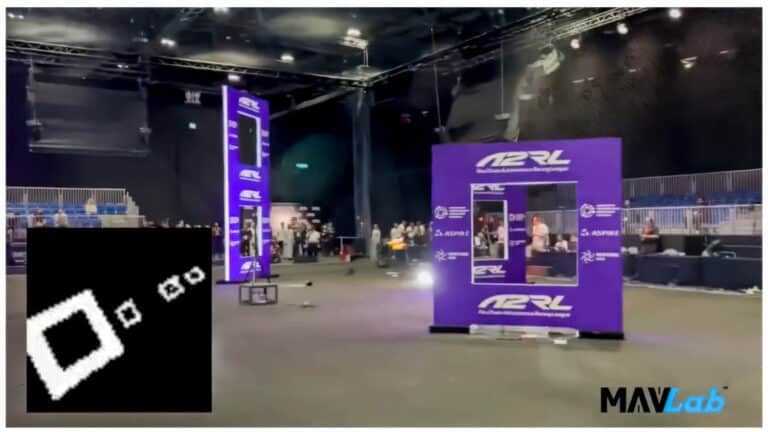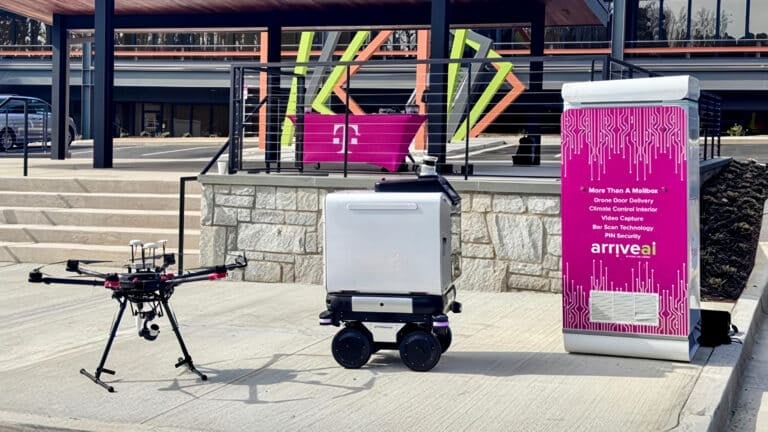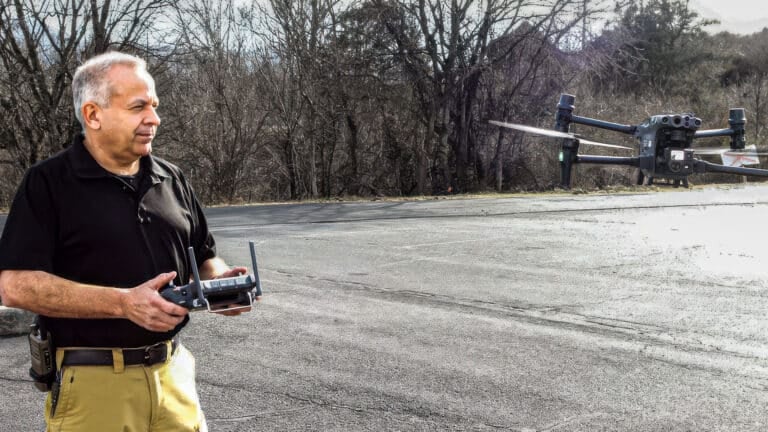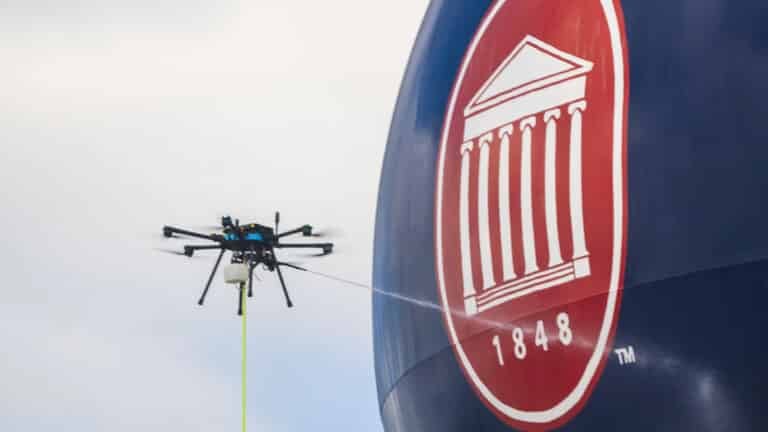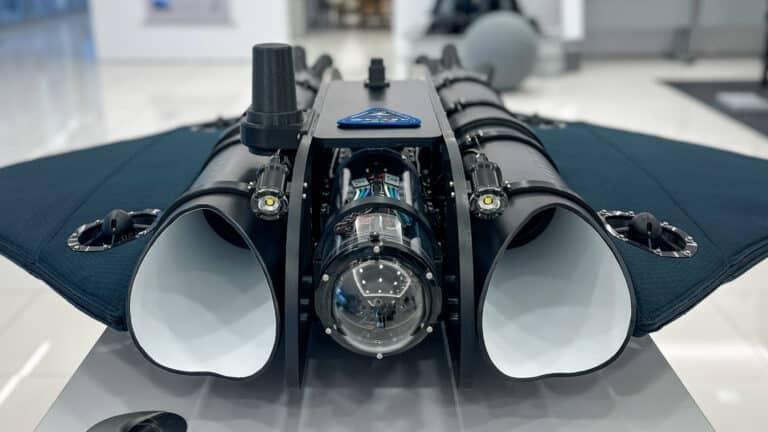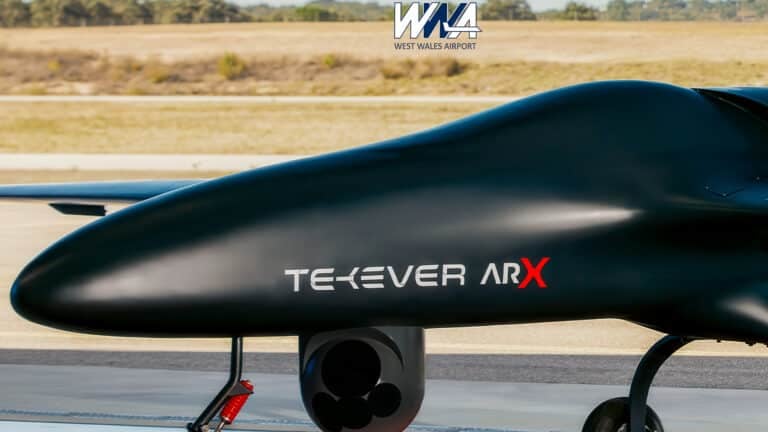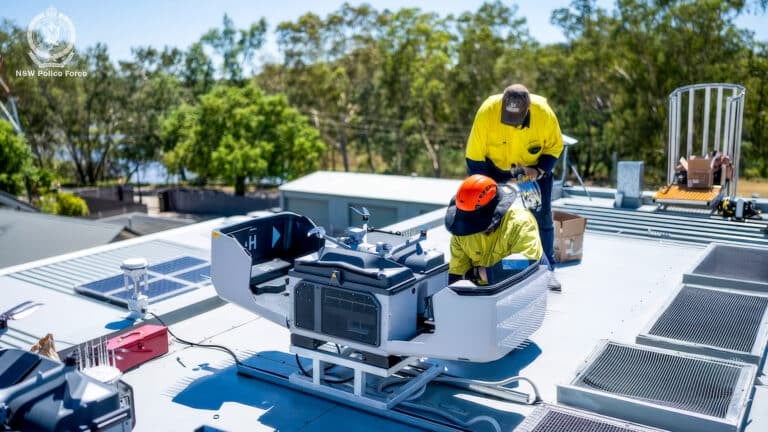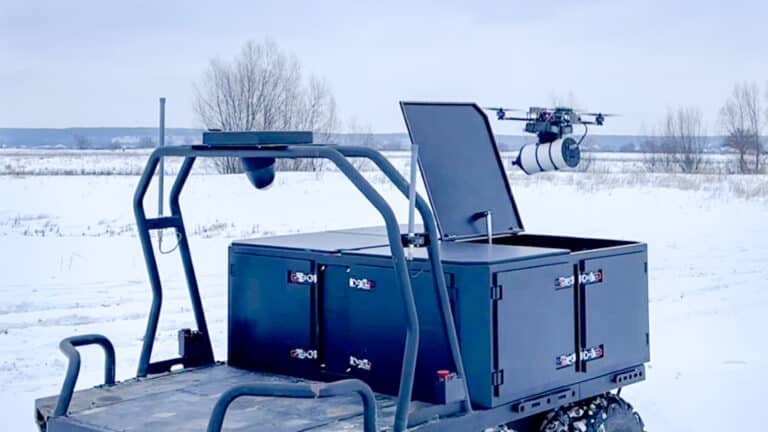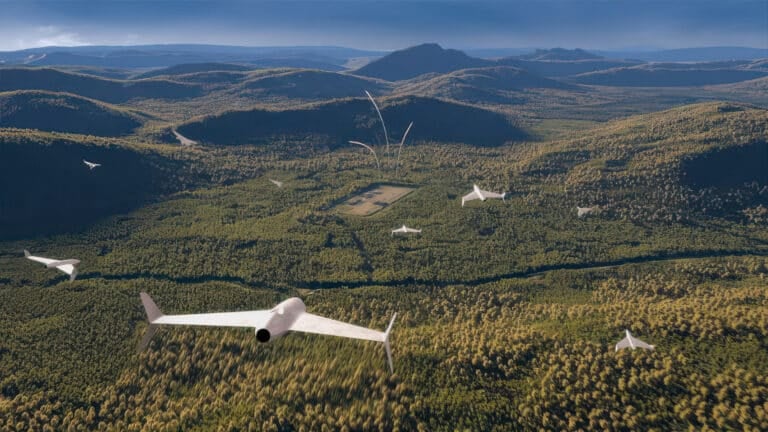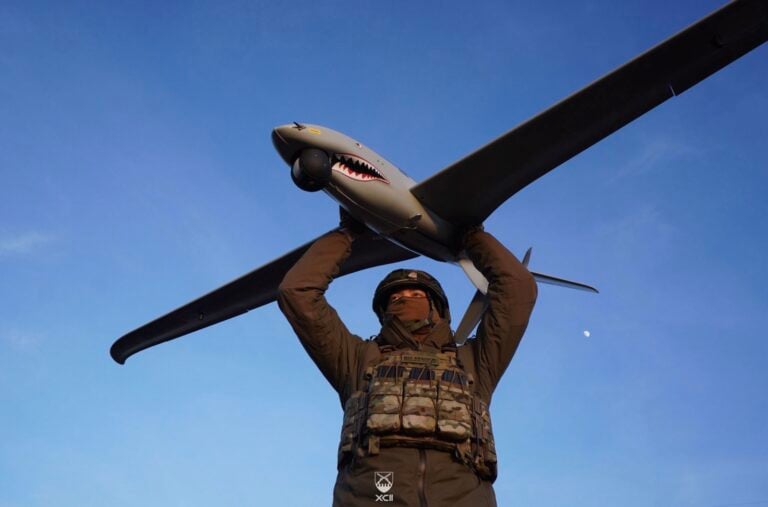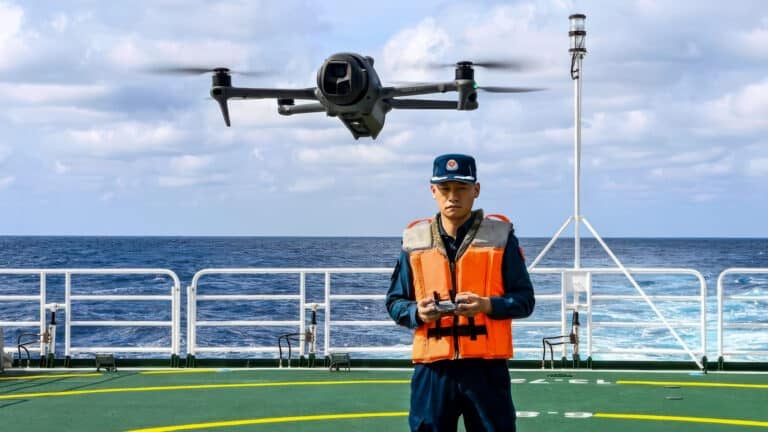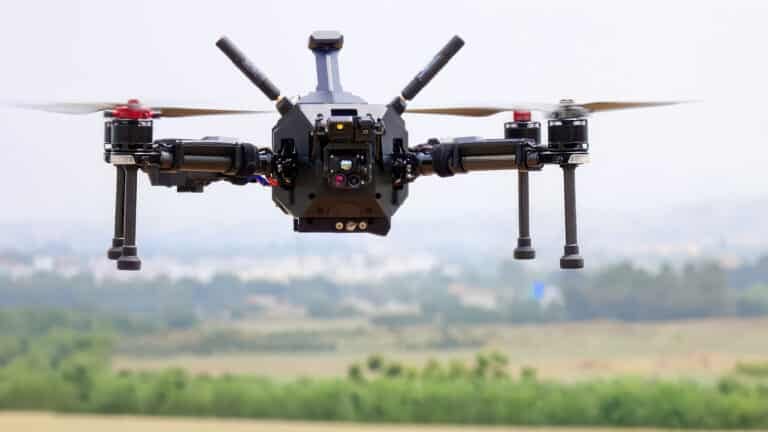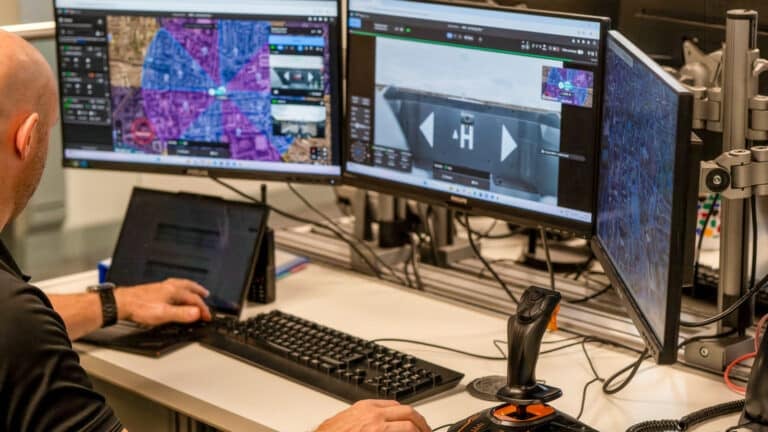State Department Bets $150M On Zipline Drones As Trump Replaces Traditional Aid With American Tech

Check out the Best Deals on Amazon for DJI Drones today!
The U.S. State Department is funding Zipline’s expansion of medical drone deliveries across five African countries with up to $150 million, marking the first major foreign assistance initiative under the Trump administration’s “America First” agenda following the shutdown of traditional development programs.
This isn’t traditional foreign aid. It’s a bet on American manufacturing and measurable results.
Pay-For-Performance Model Replaces USAID Contracts
The State Department unveiled the contract on November 25, 2025, as Secretary Marco Rubio continues reshaping U.S. foreign assistance following his March 2025 decision to cancel 83% of USAID programs.
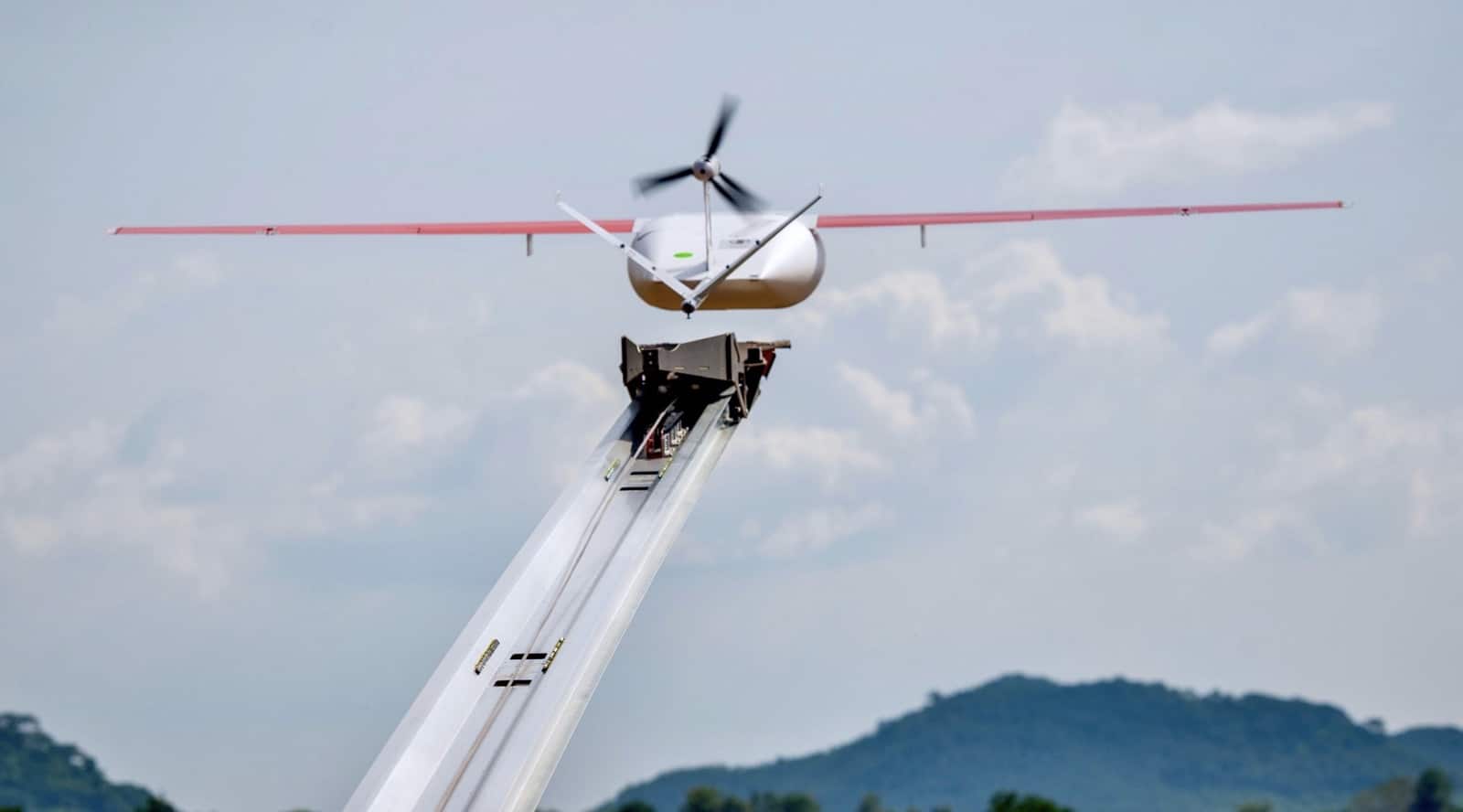
Under the unprecedented pay-for-performance structure, Zipline receives funding only as the San Francisco-based company successfully negotiates expansion agreements with African governments. Those governments will contribute up to $400 million in ongoing utilization fees.
“We started Zipline to build a logistics system that serves all people equally. Today the U.S. government is doubling down on our work, and using our AI, robotics and autonomous logistics system to improve health outcomes,” said Keller Rinaudo Cliffton, CEO and Co-Founder of Zipline. “For years presidents and prime ministers have told me they want the best of what America has to offer: innovation, jobs and 21st century technology to leapfrog into the future. That has always been America’s unique value proposition and today, the State Department is making that happen.”
State Department Calls It ‘America First’ In Action
The contract represents the State Department’s first award using AI, robotics, and autonomous logistics to improve health outcomes abroad.
“This partnership is an example of the innovative, results-driven partnership at the core of the America First foreign assistance agenda,” said Jeremy Lewin, Under Secretary of State for Foreign Assistance, Humanitarian Affairs and Religious Freedom. “By strategically deploying assistance resources to catalyze private capital, incentivize local buy-in, and champion American businesses, President Trump’s foreign assistance agenda is bringing developing economies into the 21st century and helping America win the race for the technologies of tomorrow at the same time.”
Tripling Health Facility Access Across Five Nations
At full scale, the partnership could triple Zipline’s network from 5,000 to 15,000 hospitals and health facilities.
The expansion targets Rwanda, Ghana, Nigeria, Kenya, and Côte d’Ivoire. Up to 130 million people would gain instant access to blood, vaccines, and essential medical supplies through 24/7 autonomous drone delivery.
Rwanda is expected to sign the first expansion agreement under this model. “We have witnessed the extraordinary impact of drone delivery – saving time, saving money, and saving lives,” said Paula Ingabire, Rwanda’s Minister of ICT and Innovation. “With this partnership, we will now expand to urban delivery, bringing these benefits to even more communities.”
The American financing will support construction of new Zipline hubs, with funding released only after African governments commit to expansion contracts. Each hub represents permanent infrastructure staffed entirely by local employees, creating skilled jobs and driving economic growth.
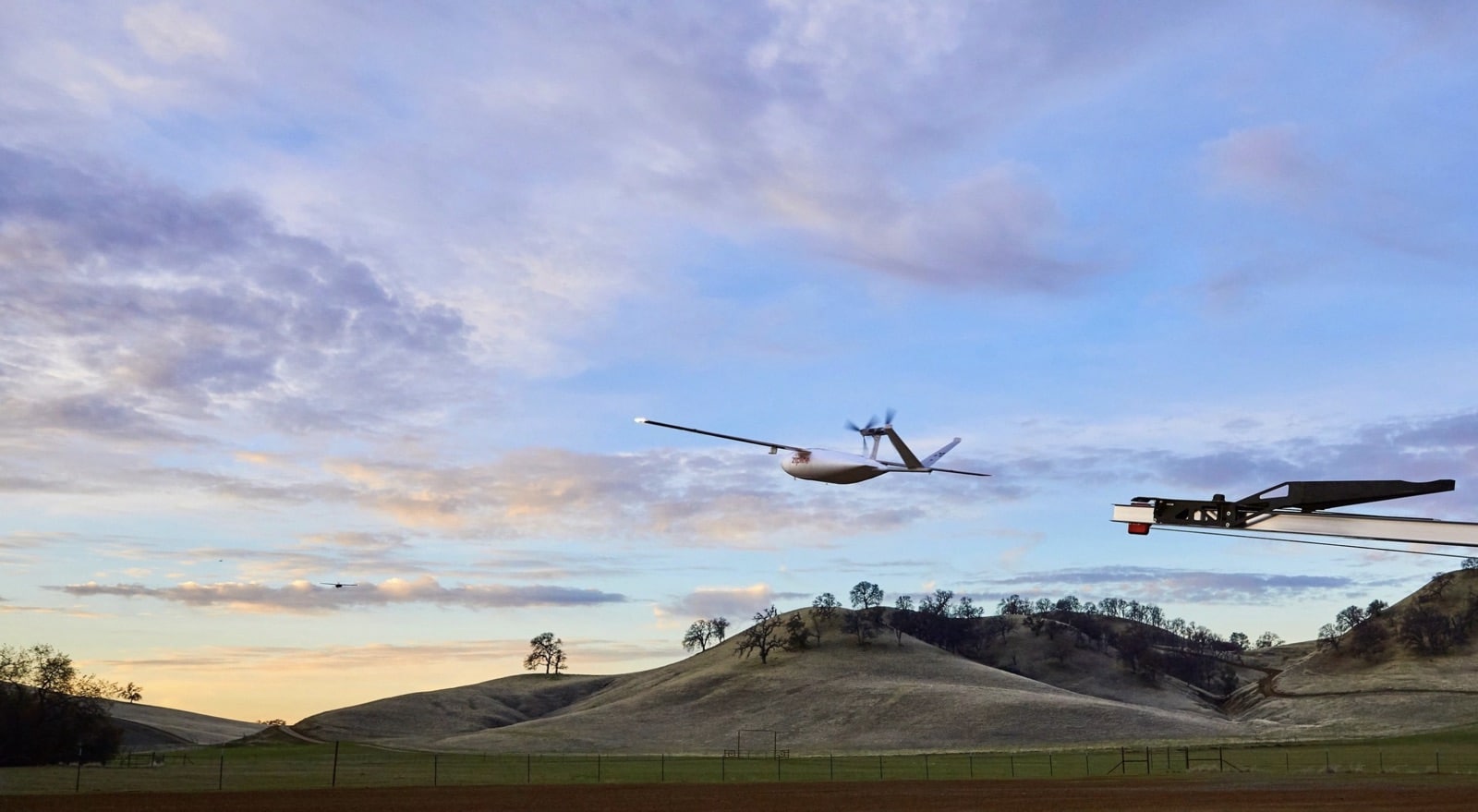
Proven Health Impact Backed By Research
Independent research confirms Zipline’s system delivers measurable results that justify the State Department’s investment.
Maternal deaths dropped by up to 56% in Zipline-supported health facilities. Stockouts of medicine and vaccines fell by 60% where Zipline operates. Immunization rates increased 13-37 percentage points in areas with drone delivery.
The transformation in delivery speed is dramatic. In some African locations, the average time between when a health facility places an order and receives supplies was 13 days. Zipline cut that to under 30 minutes.
Recent research found Zipline’s service ranks among the most cost-effective public health interventions ever studied.
“African governments are choosing to invest their own resources in Zipline because it works, and it’s incredible value for money,” said Caitlin Burton, CEO of Zipline’s Africa business. “It solves intractable global health challenges like maternal mortality, malnutrition, and under 5 mortality.”
African Leaders Back The Expansion
Nigeria’s health minister emphasized the scale of challenge drone delivery addresses.
“With more than 200 million people, Nigeria faces unique challenges and opportunities in delivering healthcare equitably and efficiently,” said Muhammad Ali Pate, Minister of Health and Social Welfare of Nigeria. “We applaud the U.S. Government’s support for innovations like Zipline that can potentially advance our vision for a healthier, more equitable future for our people.”
Côte d’Ivoire has already seen results from existing Zipline operations.
“Since the launch of Zipline’s operations in our country, we have witnessed the concrete impact of medical drone delivery: shorter supply times, improved availability of vital products, and better services delivered to our populations, including those in rural and remote areas,” said Pierre Dimba, Minister of Health, Public Hygiene, and Universal Health Coverage of Côte d’Ivoire.
1.8 Million Deliveries With Zero Safety Incidents
Since 2016, Zipline’s autonomous logistics system has completed 1.8 million autonomous deliveries with zero safety incidents. The company has flown more than 120 million commercial autonomous miles across four continents.
Zipline operates on four continents, makes a delivery somewhere in the world every 30 seconds, and serves more than 5,000 hospitals and health facilities. Partners include the Elton John AIDS Foundation, the Gates Foundation, Gavi, Pfizer, and The UPS Foundation.
Today autonomous logistics reaches less than 1% of the global population. This award moves one step closer to closing that gap.
DroneXL’s Take
This contract exposes a fundamental shift in how Washington deploys technology abroad – and it validates a model the drone industry should watch closely.
When Rubio canceled 83% of USAID programs in March 2025, critics warned of humanitarian catastrophe. But the State Department just demonstrated something the old aid model rarely achieved: forcing recipient governments to invest their own resources because the technology actually delivers measurable value.
The health statistics tell the real story. A 56% reduction in maternal deaths. Stockouts down 60%. Immunization rates up by double digits. Order fulfillment slashed from 13 days to 30 minutes. These aren’t projections – they’re verified outcomes from years of operations. Traditional aid programs rarely produced this kind of accountability.
That’s the wedge issue no one’s discussing. Traditional aid created dependency – governments waiting for the next grant cycle. Zipline’s model requires African nations to pay $400 million in operational fees because the service solves problems their health systems couldn’t crack with conventional logistics.
This aligns perfectly with the Trump administration’s broader drone strategy we’ve been tracking since June 2025. When the president signed his “Unleashing American Drone Dominance” executive order, Zipline CEO Rinaudo Cliffton immediately recognized how streamlined regulations and domestic manufacturing priorities would accelerate deployment.
The timing is no accident. While Trump’s tariffs have crushed access to affordable Chinese drones for American pilots and first responders, they’ve created perfect conditions for U.S. manufacturers like Zipline to dominate international contracts. The State Department just handed Zipline a proof point that American-made autonomous systems can outcompete on price, performance, and reliability.
What’s particularly clever about this structure is the local jobs component. Each Zipline hub gets staffed entirely by African employees. That’s not charity – it’s infrastructure that creates economic incentive for governments to maintain the system long after U.S. funding ends.
For drone operators watching this unfold, the message is clear: the U.S. government has picked its winners in autonomous delivery, and it’s betting billions on American companies that can operate at scale and prove measurable outcomes. The era of funding programs without accountability metrics is over.
What do you think? Share your thoughts in the comments below.
Photo credit: Zipline
Discover more from DroneXL.co
Subscribe to get the latest posts sent to your email.
Check out our Classic Line of T-Shirts, Polos, Hoodies and more in our new store today!

MAKE YOUR VOICE HEARD
Proposed legislation threatens your ability to use drones for fun, work, and safety. The Drone Advocacy Alliance is fighting to ensure your voice is heard in these critical policy discussions.Join us and tell your elected officials to protect your right to fly.
Get your Part 107 Certificate
Pass the Part 107 test and take to the skies with the Pilot Institute. We have helped thousands of people become airplane and commercial drone pilots. Our courses are designed by industry experts to help you pass FAA tests and achieve your dreams.

Copyright © DroneXL.co 2026. All rights reserved. The content, images, and intellectual property on this website are protected by copyright law. Reproduction or distribution of any material without prior written permission from DroneXL.co is strictly prohibited. For permissions and inquiries, please contact us first. DroneXL.co is a proud partner of the Drone Advocacy Alliance. Be sure to check out DroneXL's sister site, EVXL.co, for all the latest news on electric vehicles.
FTC: DroneXL.co is an Amazon Associate and uses affiliate links that can generate income from qualifying purchases. We do not sell, share, rent out, or spam your email.




